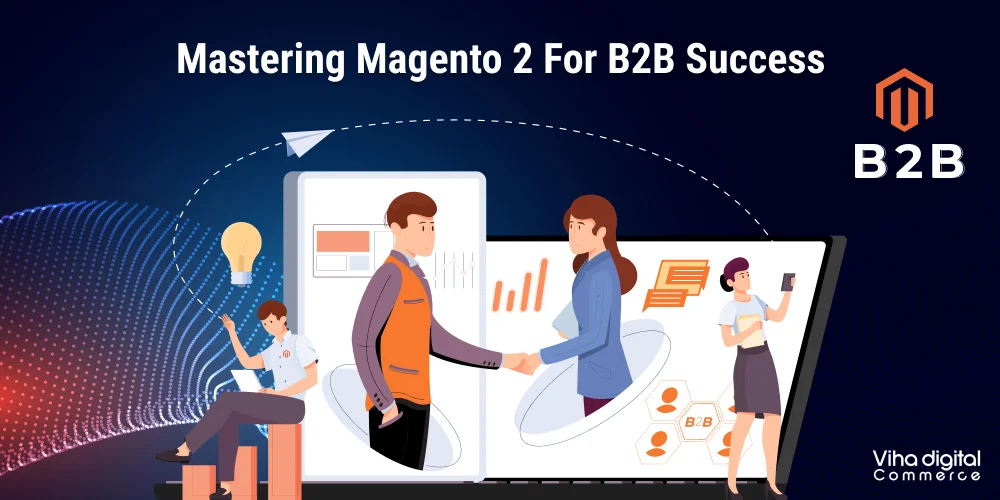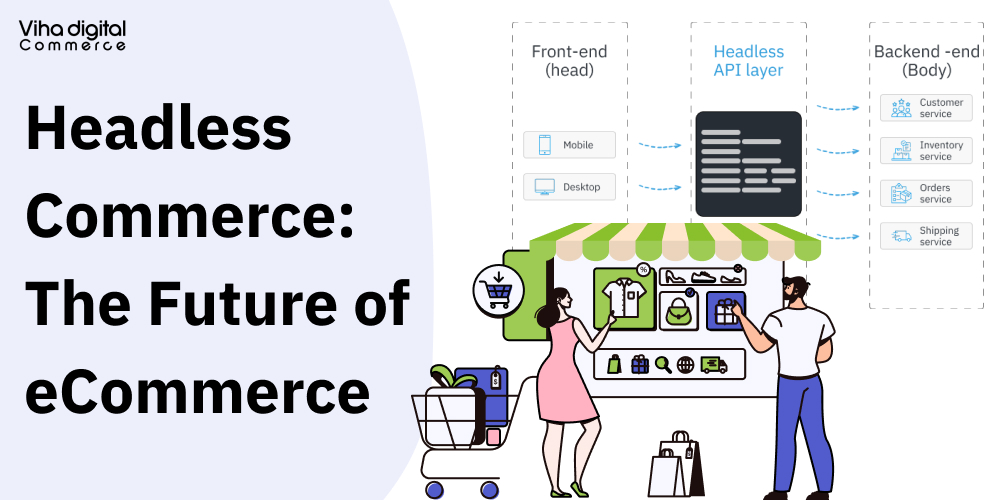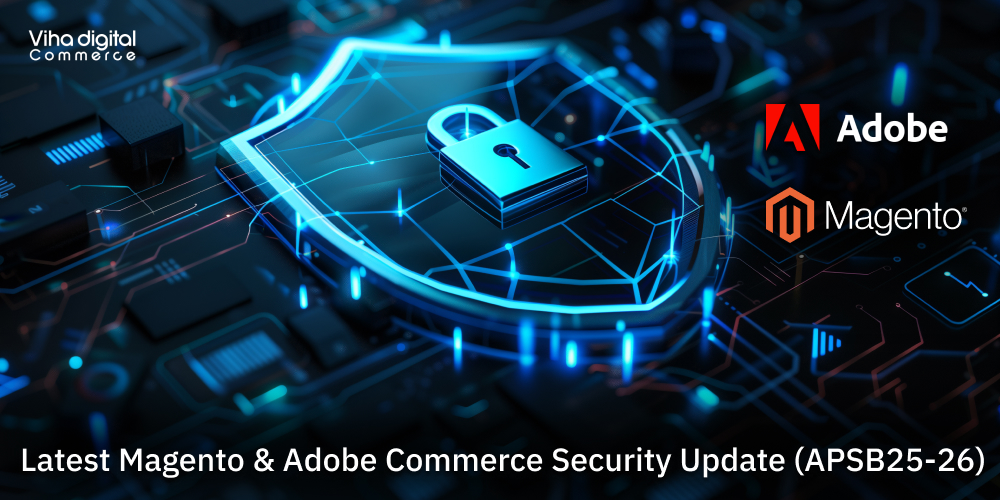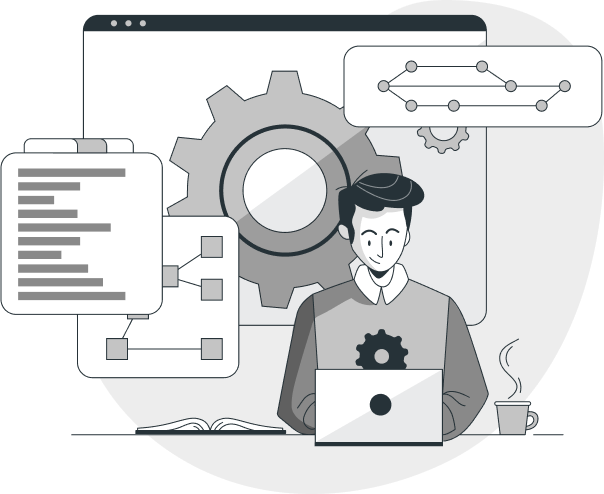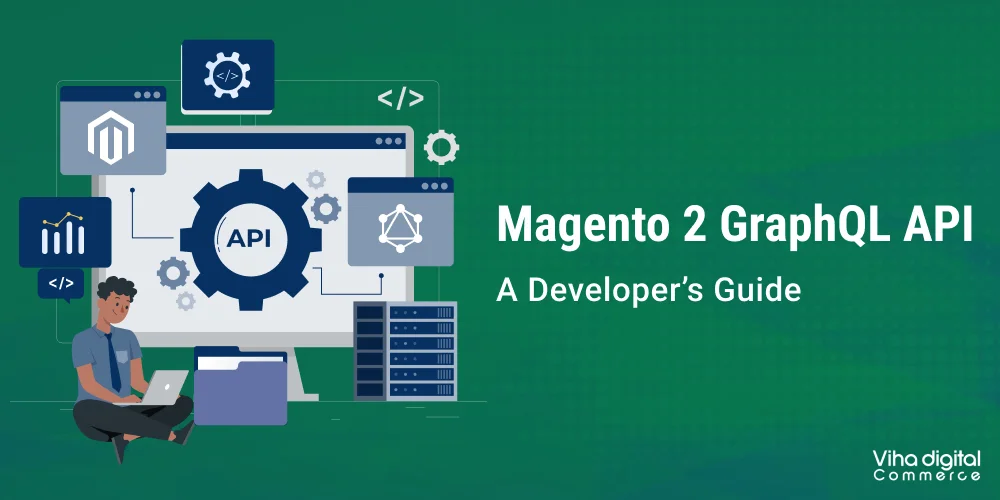
Harnessing the Power of Magento 2 GraphQL API: A Developer’s Guide
In the dynamic world of e-commerce, efficient and flexible data retrieval is crucial. Magento 2, a leading e-commerce platform, offers powerful API capabilities, including the modern GraphQL API. This comprehensive guide will explore the Magento 2 GraphQL API, its integration and development, and how Magento development services can help businesses leverage this technology to enhance their online stores.
Understanding Magento 2 GraphQL API
GraphQL, developed by Facebook, is a query language for APIs and a runtime for executing those queries. It allows clients to request exactly the data they need, making it more efficient than traditional REST APIs. Magento 2 GraphQL API adopts this modern approach, providing robust and flexible data retrieval capabilities.
Key Advantages of Magento 2 GraphQL API
1. Efficient Data Retrieval:
With GraphQL, clients can request specific data fields, reducing the amount of data transferred and improving performance.
2. Single Endpoint:
GraphQL uses a single endpoint for all queries, simplifying API management and integration.
3. Real-Time Data:
GraphQL’s flexible query structure allows for real-time data updates, ensuring that users always have the most current information.
4. Improved Developer Experience:
The self-documenting nature of GraphQL and its ability to combine multiple resource requests into a single query enhance the developer experience.
Magento 2 API Integration
Integrating Magento 2 API, particularly the GraphQL API, into your e-commerce ecosystem can streamline operations and enhance functionality. Here’s how to get started with Magento 2 API integration:
1. Setting Up Magento 2 GraphQL
To use the Magento 2 GraphQL API, ensure your Magento 2 instance is properly set up and configured. The GraphQL endpoint is typically accessible at `/graphql`. You can use tools like GraphQL or Postman to test and explore the available queries and mutations.
2. Creating Custom Queries and Mutations
Magento 2 allows developers to create custom queries and mutations to extend the default GraphQL schema. This capability is particularly useful for adding new functionalities or integrating with third-party systems.
“`php
namespace Vendor\Module\Model\Resolver;
use Magento\Framework\GraphQl\Query\ResolverInterface;
use Magento\Framework\GraphQl\Schema\Type\ResolveInfo;
class CustomQuery implements ResolverInterface
{
public function resolve(
array $field,
$context,
ResolveInfo $info,
array $value = null,
array $args = null
) {
// Custom logic here
return [‘data’ => ‘Custom response’];
}
}
“`
3. Authentication and Authorization
Secure your GraphQL API endpoints using Magento’s built-in authentication and authorization mechanisms. Ensure that sensitive operations are protected and only accessible by authorized users.
Magento 2 API Development
Developing with Magento 2 API involves creating, extending, and optimizing API endpoints to meet specific business needs. Here are key aspects of Magento 2 API development:
1. Extending the GraphQL Schema
Magento 2 provides a flexible framework for extending the GraphQL schema. You can add custom types, queries, and mutations to suit your application requirements.
2. Performance Optimization
Optimize your GraphQL queries and mutations for performance. Avoid over-fetching data by requesting only the necessary fields and using efficient data loading techniques.
3. Error Handling and Debugging
Implement robust error handling in your GraphQL resolvers to ensure graceful failure and provide meaningful error messages to clients. Use Magento’s logging and debugging tools to troubleshoot issues.
4. Testing and Validation
Thoroughly test your GraphQL queries and mutations to ensure they work as expected. Use automated testing frameworks to validate your API endpoints and catch potential issues early.
Magento Development Services
Partnering with a professional Magento development service can significantly enhance your e-commerce platform. These services offer expertise in Magento 2 development, ensuring that your API integration and development projects are successful.
1. Custom API Development
Magento development services can create custom GraphQL queries and mutations tailored to your specific business needs, enabling you to offer unique functionalities and seamless integrations.
2. Performance Optimization
Expert developers can optimize your GraphQL queries and overall Magento 2 setup for better performance, ensuring fast and responsive interactions for your customers.
3. Security Enhancements
Professional Magento developers implement best practices for securing your API endpoints, protecting sensitive data, and ensuring compliance with industry standards.
4. Ongoing Support and Maintenance
Reliable development services offer ongoing support and maintenance, ensuring that your Magento 2 platform remains up-to-date, secure, and performs optimally.
The Magento 2 GraphQL API offers a powerful and flexible way to manage and retrieve data for your e-commerce platform. By leveraging the benefits of GraphQL, integrating the API effectively, and employing best practices in API development, businesses can enhance their online stores and provide superior customer experiences.
Partnering with experienced Magento development services can further ensure the success of your API projects. These professionals bring the expertise needed to develop, optimize, and secure your Magento 2 platform, helping you achieve your business goals and stay ahead in the competitive e-commerce landscape.
Whether you’re looking to enhance existing functionalities, integrate third-party systems, or develop custom solutions, the Magento 2 GraphQL API is a valuable tool that can transform your e-commerce operations and drive growth. Embrace the power of Magento 2 API integration and development to unlock new opportunities and deliver exceptional value to your customers.
